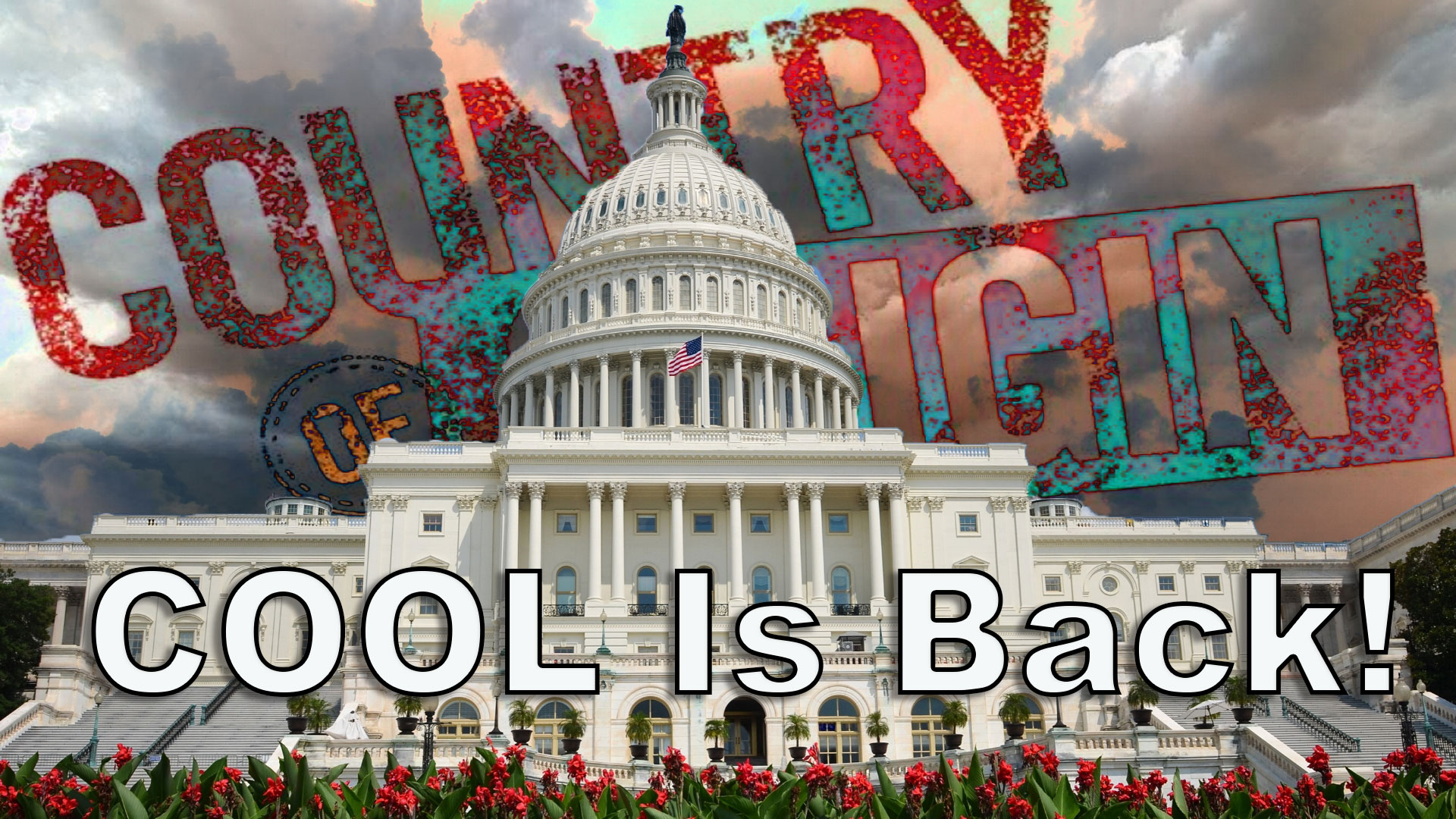New U.S. meat labelling rules causing Canadian cattle industry concern

New meat labelling rules in the United States could have an impact on the ability of Canadian beef producers to move their product into its largest consumer market
by Kevin Green – CTV News
The changes are part of a decade-long battle between Canada and the U.S. over country-of-origin labelling (COOL).
Right now, ranchers in Canada can raise cattle and ship them to the U.S. for slaughter and still have them labelled as a product of that country.
That will change under the new rules, which were announced last week.
“Our concern is the U.S. is 70 per cent of our trading partners and we’ve worked diligently to harmonize our systems, whether it’s our food safety system or growing systems”Once they take effect in 2026, only animals born, raised, slaughtered and processed in the United States will be able to sport the “product of USA” or “made in the USA” labels.
Canadian Cattle Association CEO Nathan Phinney says that will hurt producers and consumers on both sides of the border.
“Our concern is the U.S. is 70 per cent of our trading partners. We’ve worked diligently to harmonize our systems, whether it’s our food safety system or growing systems,” Phinney said.
“So, it’s everything that we stand for, and what we work on. Prescriptive measures like this could potentially hinder it or break it down.”
Retailers of the meat will not be required to place any labels on their product, but if they do, those labels will have to follow the more restrictive measures.
Cattle associations in the U.S. continue to lobby for COOL to be mandatory.
Bill Bullard, president of R-CALF USA, says the current definition allowing Canadian imports to be sold as a local product is deceptive.
“Our system is broken and needs to be fixed, and the way to fix it is to restore competition. The way you restore competition is you empower consumers to make choices in the marketplace,” Bullard said.
Bullard maintains he doesn’t want to see a ban on Canadian imported beef, but simply believes American consumers, when given the choice, will start demanding more of their country’s product.
“And their choices will then send demand signals upstream the supply chain,” Bullard said.
“And that will dictate to the multinational meatpackers where they must source the cattle in order to satisfy the consumer demand for beef.”
In 2008, R-CALF convinced U.S. lawmakers to institute mandatory country-of-origin labelling.
Almost immediately, U.S. slaughtering facilities started limiting the number of Canadian cattle they would process.
That legislation was repealed after a 2015 World Trade Organization (WTO) ruling said the U.S. violated international law by making COOL mandatory.
By making product labelling voluntary, U.S. legislators have bypassed the WTO ruling, according to Carlo Dade, director of trade and trade infrastructure at the Canada West Foundation.
“It’s not discriminatory if it’s voluntary,” Dade said.
“But it’s like the softwood lumber dispute, I don’t see it going away until they get what they want.”
Dade says American consumers will find beef prices rising if Canadian exports are limited.
For that reason, he believes most retailers and processors of beef will forgo labelling their products with COOL.
“The issue is that the meat production within North America is deeply, deeply integrated. The only way, arguably, we can afford to produce beef at a price that people on the continent can afford is if we have scale and we source and integrate it from all three countries,” Dade said.
“I just don’t see voluntary labelling in a hyper cost-conscious environment being a worry, unless the Americans can make beef in the U.S. cheaper than they can with inputs from Canada and the integrated system, then we’ve got to worry, but it just doesn’t make any sense. They can’t make it cheaper.”
Alberta’s Agriculture Minister RJ Sigurdson says COOL legislation, even if voluntary, is a move in the wrong direction for Canada-U.S. trade.
He’ll meet with his counterparts from across North America in October, and says COOL will be the focus.
“We’re going to continue to work with them to try to make them reconsider this decision,” Sigurdson said.
“It isn’t implemented until January of 2026, so we’re hoping that they will reconsider this decision.”











